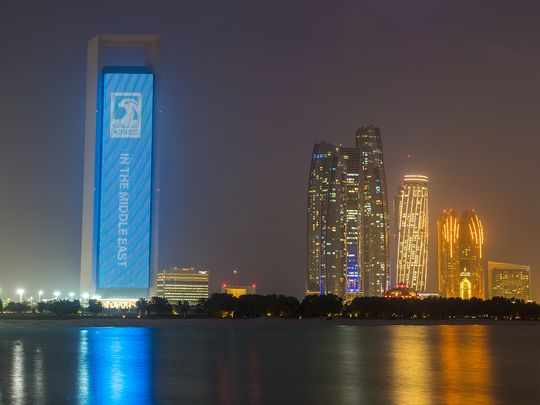Punish polluters, reward green gains: Focus on carbon market at COP26
- Date: 03-Nov-2021
- Source: Gulf Times
- Sector:Oil & Gas
- Country:Middle East
Punish polluters, reward green gains: Focus on carbon market at COP26
The United Nations COP26 summit in Glasgow, Scotland, is seen as a make-or-break chance to save the planet from the most calamitous effects of climate change.
For sure, no longer is climate change a debatable concern. Some research models suggest up to a quarter of global GDP — currently around $80tn — could be lost if no action is taken to reduce carbon dioxide emissions.
“To slow climate change, make polluters pay for the damage they cause” is an idea that’s been around for more than two decades.
Now it’s turning into one of the hot topics for the climate talks in Glasgow.
More than 60 jurisdictions — nations, states and cities — have adopted what’s known as carbon pricing, an approach hailed by environmentalists, politicians and even many oil companies as an elegant, free-market alternative to direct regulation.
There are two main approaches to carbon pricing.
In one, carbon prices are set by governments as a tax or fee on carbon dioxide emitted. In the other, governments establish a limit on the total volume of emissions allowed, create a market and let participants in that market — utilities that produce electricity, most commonly — determine the exact price of carbon.






















